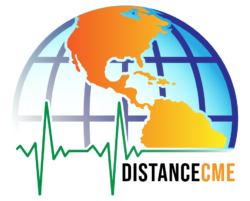Where do you see the role of paramedicine going in the future?
I think it’s safe to say that the paradigms are shifting somewhat within the paramedicine profession. For some, this shift is welcoming, for others it leaves a bad taste in their mouth. Recently, I enrolled in a class on this subject at the local university.
In this course, we discussed the changes occurring within the profession, and some we’ll likely see in the future. Already, universities in other countries offer degree programs in paramedicine.
While these programs haven’t gained popularity in the US, it seems possible that we’ll introduce them in the near future. This additional education allows paramedics to branch out in to other roles within the profession. It will also allow us to learn more about the continuity of health, community health issues, and research.
The profession continues to evolve
Another point of discussion is the role of Community Paramedicine and Mobile Integrated Healthcare providers, which are becoming increasingly more popular in some countries, as well as in some communities within the US. Alaska has already had some good success utilizing paramedics in these roles, especially in the more remote areas. The CP or MIH Paramedic can become involved in more personalized care. This includes house calls, following up on patients recently discharged recently, or those who need palliative care. The community paramedicine has proved fruitful in many areas where it has been implemented. It is helping to provide a solution for hospital over-crowding and patients with limited access to resources. Additionally, it provides an additional role for paramedics tiring of the traditional work.
One issue most of us can agree upon is that traditional paramedicine has historically been strictly responsive rather than preventative. The introduction of Community Paramedicine and Mobile Integrated Healthcare will allow paramedics to become more involved in treatment of patients using a more holistic approach. We can become more involved in preventative treatment instead of just seeing them during the worst moments of their lives. The ultimate goal should be to provide better overall community health. Thus paramedics may see their involvement with patients changing to encourage positive health changes, and fewer visits to the hospital. There will always be a role for us as emergency pre-hospital providers. Bu,t it would be interesting to see the role expanded to one that incorporates preventative care as well.
